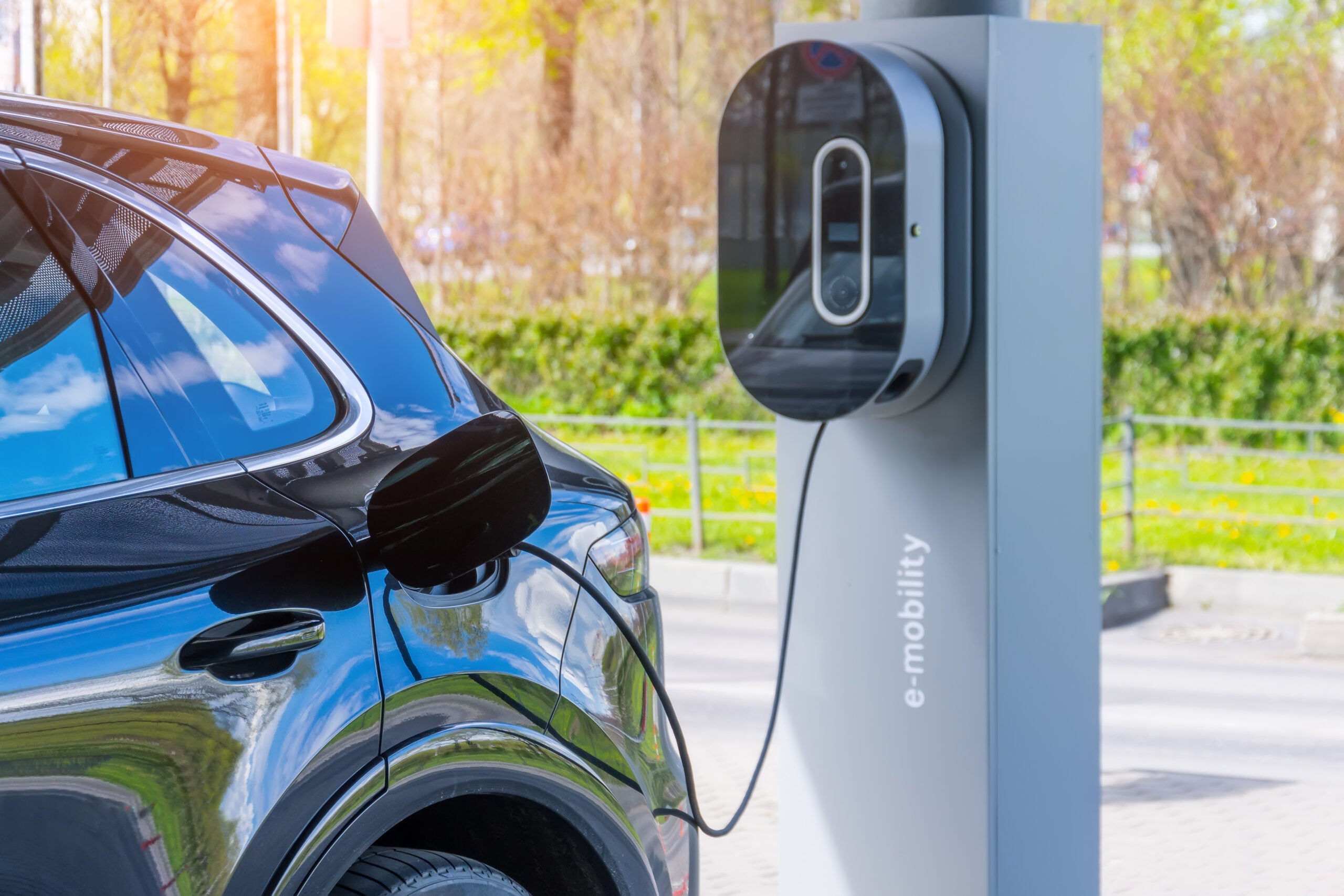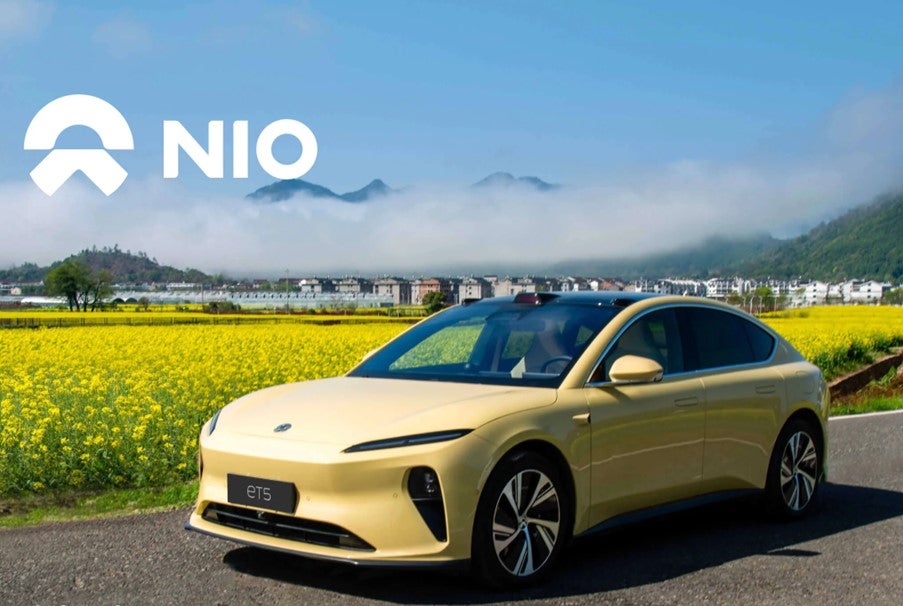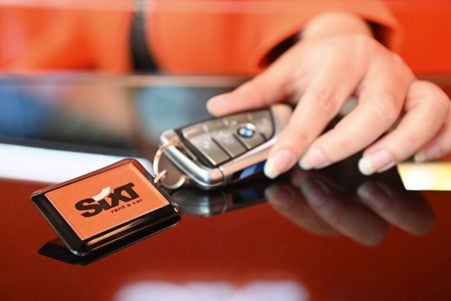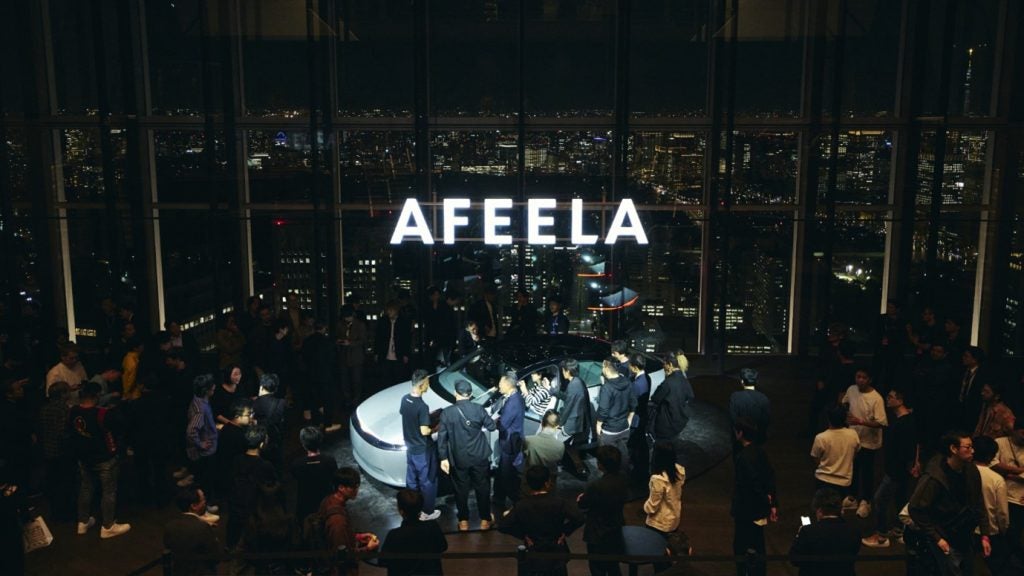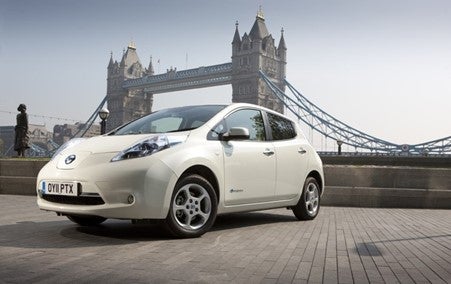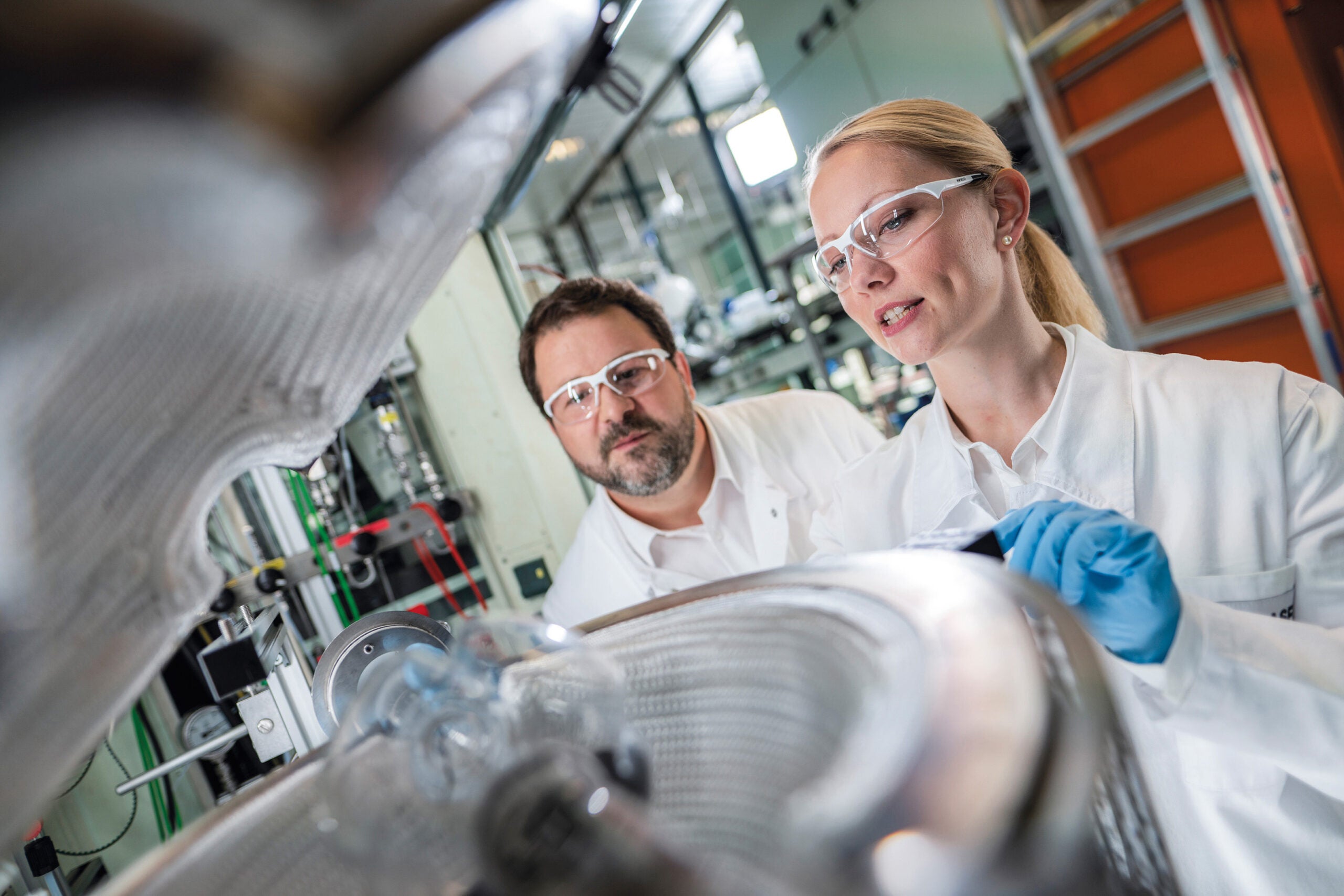
BASF has been selected by Cellforce Group, a joint venture between Porsche and Customcells, as the exclusive cell development partner for its next generation lithium-ion battery. As part of the collaboration, BASF will provide high-energy HEDTM NCM cathode active materials to contribute to high-performance battery cells for fast charging and high energy density. Cellforce Group, based in Tübingen, Germany, will produce the high-performing battery. Its battery production plant is expected to start operations in 2024 with an initial capacity of at least 100 MWh per year, powering 1,000 motorsport and high-performance vehicles.
With its production plants for precursor cathode active materials in Harjavalta, Finland, and for cathode active materials in Schwarzheide, Germany, BASF will be able to provide battery materials with a sustainability record for sourcing of raw materials aiming for the lowest carbon footprint along the supply chain as of 2022.
How well do you really know your competitors?
Access the most comprehensive Company Profiles on the market, powered by GlobalData. Save hours of research. Gain competitive edge.

Thank you!
Your download email will arrive shortly
Not ready to buy yet? Download a free sample
We are confident about the unique quality of our Company Profiles. However, we want you to make the most beneficial decision for your business, so we offer a free sample that you can download by submitting the below form
By GlobalDataTo close the loop, production waste from the future Cellforce Group battery plant will be recycled at BASF’s prototype plant for battery recycling in Schwarzheide, Germany. Lithium, nickel, cobalt, and manganese will be recycled in a hydrometallurgical process and re-introduced into BASF’s production process for cathode active materials.
“We look forward to collaborating with Porsche and the Cellforce Group to develop future high-performance batteries for electric vehicles and work together towards our common goal of sustainable mobility,” says Dr. Markus Kamieth, Member of the Board of Executive Directors of BASF SE. “BASF’s cathode active materials will be tailored to Porsche’s specific needs leveraging our strong R&D capabilities. Furthermore, they will have an industry leading low CO₂ impact thanks to our efficient manufacturing process, the high share of renewable energy, the upstream integration into the key raw materials as well as the short transportation route along the value chain. With battery recycling we can ensure that valuable materials are kept in the production loop and further reduce the CO2 footprint of our cathode materials by an expected total of up to 60%.”
“As an automotive manufacturer, Porsche aims to be CO2-neutral in its overall balance sheet by 2030. In this respect, a low CO2 footprint, closed-loop recycling and sustainability are increasingly in the foreground,” says Michael Steiner, Member of the Executive Board for Research and Development at Porsche AG. “The cooperation with BASF is a win-win situation for all parties involved. European sources for the materials nickel and cobalt, the associated security of supply and the short transport routes from Schwarzheide to Baden-Württemberg in Germany were all important arguments for the decision to work with BASF. The battery cells – especially the cathode active materials – are at the center of considerations here. We are very pleased that together with BASF we are bringing an environmentally friendly cell technology to series-production readiness.”
“With its in-depth expertise in cathode active materials, BASF supports us in a core area of cell development,” adds Markus Gräf, Managing Director of the Cellforce Group. “The cathode active materials show very high cycle stabilities right from the start and are particularly good at fast charging. These are exactly the properties that Cellforce was looking for. BASF is also very committed to adapting the cathode active materials to the requirements of next generation silicon anodes. And in the production area, too, we have worked out a concept together with BASF on how production waste generated in the various areas can be collected and returned to closed-loop recycling. This saves costs and conserves resources as well as the environment.”


